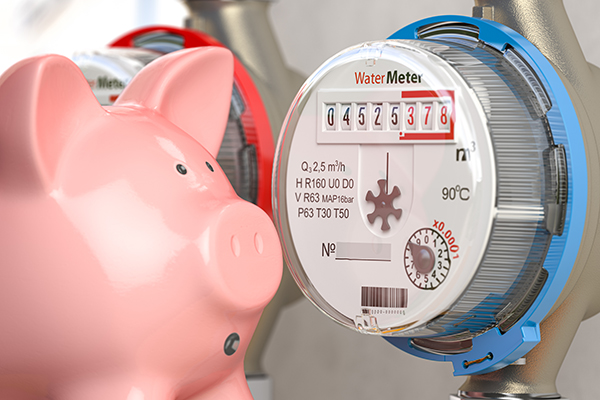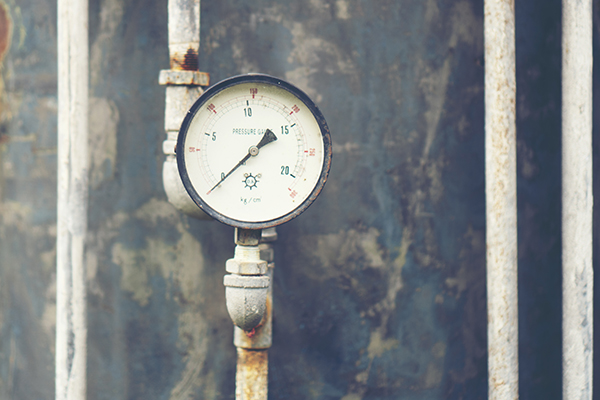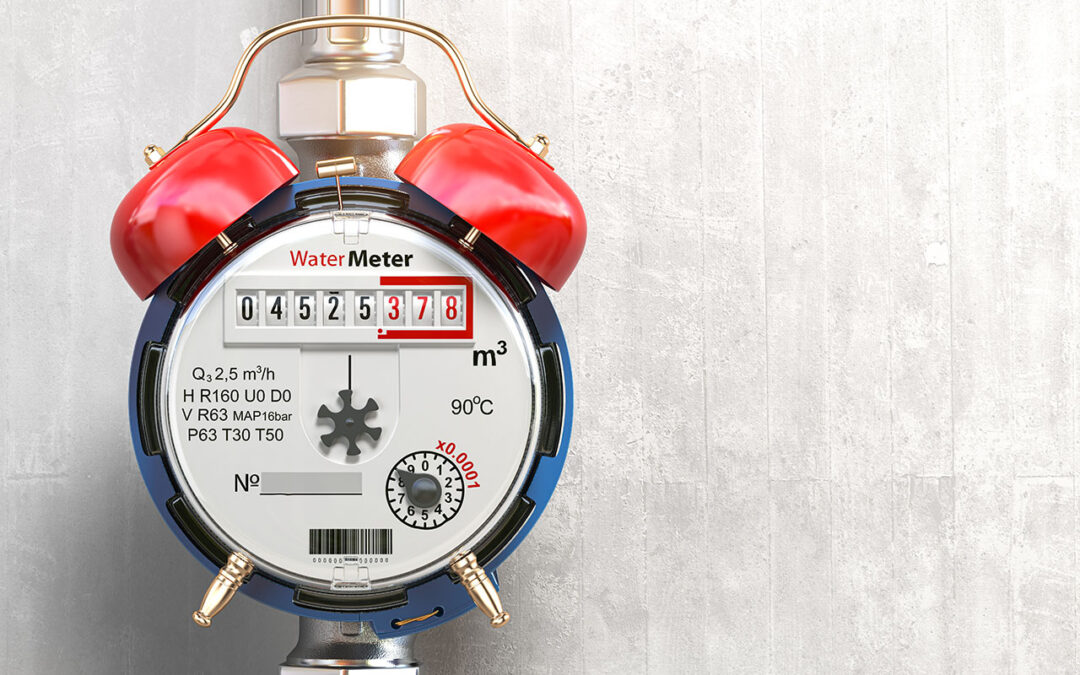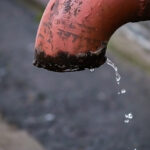How to Read Your Water Meter Like a Pro
 Knowing how to read your water meter is one of the easiest and most practical skills every homeowner or facility manager should have. It saves you money, helps detect leaks, and gives you full control over your water usage.
Knowing how to read your water meter is one of the easiest and most practical skills every homeowner or facility manager should have. It saves you money, helps detect leaks, and gives you full control over your water usage.
But if you’ve ever stared at a water meter and thought, “What am I even looking at?”, you’re not alone. In this guide, we’ll break it down step-by-step and help you read your water meter like a pro.
We’ll also explain how to track your readings, what signs to look for that could signal a leak, and why regular monitoring matters—whether you live in a flat, villa, or manage a commercial property.
Why Learn to Read Your Water Meter?
Learning how to read your water meter puts you in control of your property’s water usage. You’ll be able to:
- Detect hidden leaks early.
- Understand exactly how much water you use.
- Save money on utility bills.
- Spot inefficiencies in water use.
- Track effectiveness of water-saving habits or devices.
If you’re in Dubai or anywhere in the UAE, where water conservation is critical, regularly checking your meter could also help you follow best practices for water management in large-scale properties.
The Main Types of Water Meters
1. Analogue (Dial) Water Meters
These are mechanical meters with one or more dials. They usually have:
- A row of numbers, typically black on white, measuring cubic metres.
- Smaller red digits that represent litres.
- Rotating pointers or sweep hands, each representing increasing levels of precision.
2. Digital Water Meters
These use a digital LCD screen to display the current reading. They’re easier to read and often more precise.
3. Smart Meters
Smart meters are advanced digital meters with remote communication capabilities. They:
- Send data to your utility provider automatically.
- Offer mobile or web-based apps to monitor usage.
- Alert you instantly if there’s a sudden surge in water usage.
Where to Find Your Water Meter
For Villas and Houses
Outside, usually near the boundary wall or driveway. Sometimes inside a concrete or plastic box in the ground.
For Apartments
Inside a utility cupboard near your front door. Or in shared service areas (ask your building manager).
For Commercial Properties
Larger buildings may have multiple meters. Learn more in our leak detection tips for facility managers.
Step-by-Step: How to Read Your Water Meter
Step 1: Locate Your Meter
 Once you’ve found it, make sure it’s clean and visible. If it’s an outdoor meter, open the lid and wipe away dust or debris.
Once you’ve found it, make sure it’s clean and visible. If it’s an outdoor meter, open the lid and wipe away dust or debris.
Step 2: Read the Numbers
- Analogue Meters: Read the black digits from left to right. Ignore the red digits unless you want litre-level precision.
- Digital Meters: Look for the total water used in m³.
Step 3: Record Your Reading
Keep a log on your phone, spreadsheet, or dedicated tracking app. Record:
- The date and time
- Meter reading
- Any recent water-heavy activities (e.g., car wash, pool refill)
Step 4: Compare Over Time
Compare readings daily, weekly, or monthly. This helps you see if usage is rising abnormally—which could indicate a leak. Pair it with water-saving tips from our home conservation guide.
Understanding the Units and Dials
Cubic Metres (m³)
This is the standard unit for water billing. One cubic metre equals 1,000 litres.
Red Numbers or Decimal Digits
These represent litres or fractions of a cubic metre. Some meters have a small rotating dial—if it spins while all taps are off, you likely have a leak.
Using Your Water Meter to Detect Leaks
The Leak Test
- Turn off all taps and water-using appliances.
- Make sure toilets aren’t refilling.
- Note the current meter reading.
- Wait 30–60 minutes without using any water.
- Check the meter again. If it changed, you have a leak.
Our detection team can help locate the issue with advanced non-invasive tools.
Signs of a Leak from Your Water Meter
- The leak indicator spins even when all water is off.
- Unusual spike in water usage or bills.
- Damp patches, mould, or musty smells.
- Cracked tiles or swollen walls.
These signs matter even more in properties with outdoor systems. See our article on hot tub and pool leaks.
How Often Should You Read Your Water Meter?
- Daily: If you suspect a leak.
- Weekly: For ongoing monitoring.
- Monthly: To compare with your water bills.
For commercial needs, explore our commercial leak detection services.
Tools to Help You Track Readings
- Photos for visual logs.
- Google Sheets or Excel.
- Water tracking apps.
We also offer monitoring solutions for residential and commercial use.
What to Do With the Data
Use your data to:
- Set usage baselines.
- Identify usage spikes or anomalies.
- Track litres per person per day.
When to Call a Specialist
- You confirm a leak after testing.
- Visible water damage indoors or outdoors.
- Consistently high usage without explanation.
Get in touch with LeakDTech for fast professional assistance.
Tips for Commercial Property Managers
- Monitor usage across departments or tenants.
- Compare monthly data for trends.
- Use smart meters for large properties.
Avoid These Common Mistakes
- Confusing red digits with cubic metres.
- Reading the meter during active water use.
- Inconsistent tracking.
Upgrading to Smart Monitoring
Benefits Include:
- Real-time usage data.
- App notifications for unusual activity.
- Less need for manual checking.
Find out how smart tech helps prevent leaks in our guide to IoT in water systems.
Why Water Awareness Pays Off
Reading your water meter helps you stay ahead of problems. You use less, spend less, and protect your home or building from costly damage.
Make it a regular habit. And if you need help? LeakDTech is here for you.
FAQs
How often should I read my water meter?
Weekly is best. Daily if you think you have a leak.
What’s the best time to check my meter?
Early morning or late evening—when you know no water has been used for a few hours.
Can a smart water meter help detect leaks?
Yes. Smart meters can alert you when there’s unusual activity or excessive flow.
Do all homes have the same water meter type?
No. Some have analogue dials, others use digital or smart meters.
My reading looks off. What should I do?
Run a leak test or contact us to check if the meter is faulty.





